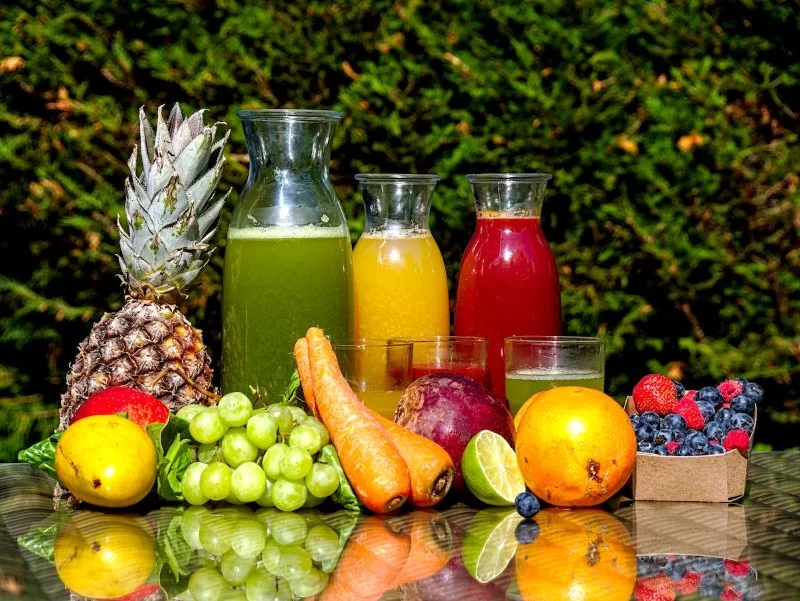- 1 - Nutritional Differences Between Whole Fruit and Juice
- 2 - Impact on Heart Health
- 3 - The Role of Fiber in Heart Health
- 4 - Natural Sugars vs. Concentrated Sugars
- 5 - Real-World Case Studies and Insights
- 6 - Practical Tips for Daily Consumption
- 7 - Choosing What’s Best for Your Heart
1. Nutritional Differences Between Whole Fruit and Juice
Whole fruit provides a balance of vitamins, minerals, antioxidants, and fiber that is often lost when fruit is turned into juice. Fruit juice, even when labeled “100% pure,” tends to strip away the fiber, leaving behind a concentrated source of sugar and calories. When considering whole fruit vs. fruit juice for heart health, these differences are crucial to understand.

2. Impact on Heart Health
Studies consistently show that diets rich in whole fruits are associated with lower risks of heart disease, stroke, and high blood pressure. On the other hand, excessive fruit juice consumption may increase the likelihood of weight gain and insulin resistance, which are risk factors for cardiovascular problems. Choosing whole fruit ensures a steady release of nutrients without spiking blood sugar levels.
Capital Health Medical Center – Hopewell
capital health medical center hopewell
1 Capital Way, Pennington, NJ 08534, USA

3. The Role of Fiber in Heart Health
One of the biggest advantages of whole fruit is its fiber content. Fiber helps reduce cholesterol, regulate blood sugar, and promote satiety, which prevents overeating. A glass of orange juice may have vitamin C, but eating a whole orange provides the same vitamin boost plus fiber, making it a stronger ally for heart health.
4. Natural Sugars vs. Concentrated Sugars
Fruit naturally contains sugar, but in whole fruit, it is balanced with fiber and water. Juice, however, condenses this sugar into a more potent dose. For example, it takes about three to four oranges to make one glass of orange juice—meaning you consume far more sugar than if you simply ate a single orange. Over time, this can strain the heart and increase metabolic risks.
5. Real-World Case Studies and Insights
In 2019, a large-scale health study found that people who consumed more than one serving of fruit juice per day had a higher risk of dying from cardiovascular disease compared to those who ate whole fruit. On a more personal level, many nutritionists share stories of patients who switched from juice to whole fruit and saw improvements in cholesterol levels and overall energy. These real-world experiences highlight the importance of choosing wisely.
6. Practical Tips for Daily Consumption
If you enjoy juice, consider diluting it with water or limiting it to a small glass a few times a week. Prioritize whole fruits like apples, berries, or pears as snacks. Smoothies can be a middle ground, but try to blend whole fruits instead of relying on fruit juice bases. By making small adjustments, you support your heart health without giving up the enjoyment of sweet flavors.
7. Choosing What’s Best for Your Heart
At the end of the day, whole fruit clearly outperforms fruit juice when it comes to heart health. The fiber, balanced nutrients, and natural satiety it provides make it a smarter, heart-friendly choice. For those seeking expert guidance on heart wellness, HeartCare Hub offers resources, products, and services designed to support healthier lifestyles. By making conscious choices, you’re not just protecting your heart—you’re investing in your long-term well-being.






















Deborah Heart and Lung Center
deborah heart and lung center
200 Trenton Rd, Browns Mills, NJ 08015, USA